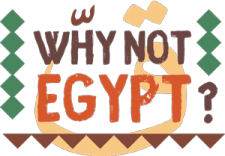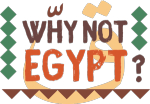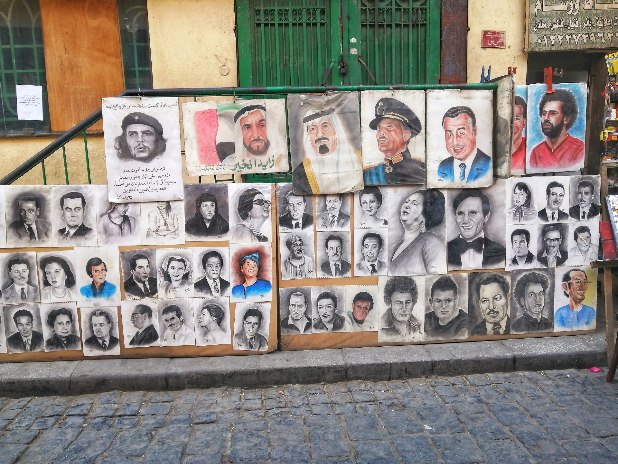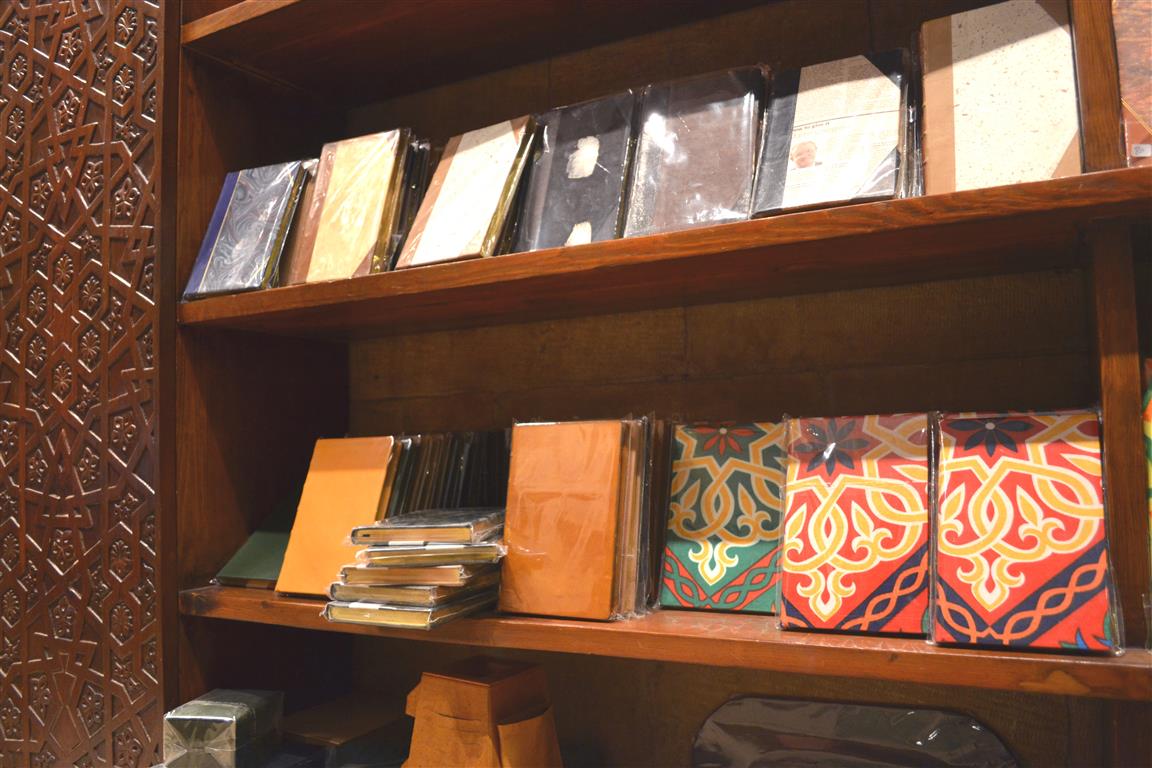Ramadan in Egypt: A Guide to Understanding the Culture
So yesterday marked the start of the Holy month of Ramadan -the Muslim fasting month-, I am sure that many non-muslims have so many questions & concerns regarding Ramadan in Egypt, and if one should or should not travel to a Muslim country during Ramadan, so I am here to answer as many as I could think of, if you have some more please ask them in the comments below or on our active Facebook Group
Why is Ramadan such a special month to Muslims?
The month of Ramadan (is the month) in which the Qura’n has been sent down as guidance for mankind, showing the right direction and clear criteria to distinguish between right and wrong; so whoever witnesses this month, must fast for the (whole) month; and whoever is sick or on a journey, may fast the same number in other days; Allah desires ease for you and does not desire hardship for you so that you complete the count (of fasts), and glorify Allahs greatness for having guided you, and so that you may be grateful. – Surat Al-Baqqarah: 185It’s the holiest & most spiritual month for Muslims, a time to keep away from earthly desires, retrieve connection with God, intensify prayers, purify oneself from sins, renew faith, submit to Islam teachings, become spiritually stronger, get rid of anger, bad habits & wrong-dos, read Qur’an & understand more about the religion, do charity by giving more to the poor & needy, re-connect with family & friends.
There are other times of the year when it’s preferable for Muslims to fast, Ramadan is the only time when it’s obligatory.
Throughout the month it’s forbidden to…
- Swear/curse/lie/cheat/harass/gossip/spread rumours
- Have bad manners of any kind, be impolite or unkind
- Get aggressive or fight
- Consume alcohol
Fasting is no excuse to be lazy or unproductive.
Whoever fasts the month of Ramadan out of sincere faith and in pursuit of Allah’s pleasure, will have his previous sins forgiven. ~Prophet Muhammad (peace be upon him)
Who should fast?
Fasting is no oppression, so only healthy adult Muslims should fast.
And who should NOT fast?
- Kids before hitting puberty
- The elderly who are too weak to fast or live on medication
- Anybody who’s sick, or really feeling unwell, or prescribed medication that must be taken during the day
- Traveling -en route
- Pregnant women or those breastfeeding
- During menstruation
You’d find people falling into this category who still fast, why? It is not because it’s haraam (forbidden) not to fast, the reason is that we start fasting at a very young age -but not the full day- only to imitate our folks, so it’s psychologically unacceptable for a Muslim to not fast in Ramadan.
When is Ramadan?
It begins according to the Hijri/Islamic/Lunar calendar which depends on the movement of the moon, that’s why each year Ramadan starts about 11 days earlier than the previous year.The month of Ramadan is the 9th in the Hijri calendar, it begins after the month of Sha’ban, on the night of the 29th of Sha’ban if the moon was observed this means that the next day marks the first day of Ramadan, if it was not then Ramadan starts the day after.
What is Ramadan?
Upon the observance of the moon, Muslims do their first Tarawih prayer at home or in mosques -so don’t freak out when you hear the microphones and the reciting of Quraan louder than usual- the prayer lasts for an hour or more, throughout the month -29 or 30 days depending on the lunar calendar.That night healthy adult Muslims eat their last meal -pre-dawn meal known as Suhoor– before the Fajr call to prayer -almost an hour & a half before dawn- after that, they start fasting.
You’d see some big tents spread around the streets, in those tents Iftar food is served for free to the poor, needy, or whoever won’t be able to catch Iftar at home.
Why do Muslims fast?
Fasting is the 4th pillar, of the five pillars of Islam;
1. Al-Shehada; testimony of faith, and affirmation that there is only one God and Muhammad (peace be upon him) is the prophet of Alah,
2. Al-Salah; doing the daily 5 prayers (fajr, duhr, ‘asr, maghrib & isha),
3. Al-Zakah; giving to the poor & needy,
4. Sawm Ramadan; fasting in Ramadan, and
5. Al-Hajj; do the pilgrimage in Mecca for those who can afford it.
- Muslims fast to obey God in the first place, and to worship HIM
- Fasting teaches self-discipline & how to appreciate the little things in life, and count our blessings
- Fasting teaches patience and how to correct oneself by getting rid of bad habits & wrong dos
- To feel empathy for the poor & needy, and do more charity
- To cultivate spirituality
It has been scientifically proven that fasting is a good practice to detox & cleanse the body from toxins, so it’s even healthy for a non-muslim to fast every once in a while.
How does fasting work?
Adult healthy Muslims fast during the day; from Fajr -a little before dawn- till dusk, during this time it’s forbidden to;
- Eat
- Drink
- Smoke or vape
- Have intercourse
What happens after Iftar –breaking the fast?
People resume their life normally, and can do everything they were forbidden from doing during the day.
How does Ramadan affect tourists in Egypt?
It doesn’t, it actually might be an excellent time to visit Egypt as it’s a low season, a time to escape crowds of locals & tourists, and prices considerably drop especially in the Red Sea coastal cities, however, there are some factors that you should take into account;
- The horrendous traffic in big cities such as Cairo & Alexandria, even worse than usual; BAD during the day starting 9:00-9:30 AM till around 11 AM, hell at 2-4 pm, gets better around 5:30-6:30 pm -an hour before breaking the fast-, streets are deserted at 6:30 PM at Iftar time, then the traffic picks up again starting 8:00-8:30 PM which is prayer time, becomes crazy again after 10 pm till 1-2 maybe 3 AM when people are having their last meal Suhoor before fasting again.
- Cafes/Restaurants that aren’t located in touristic areas might not be operating normally during the day
- Alcohol won’t be served in most places, and most nightlife spots will be closed throughout the month
- Opening hours of sights, attractions, shops, cafes, restaurants & supermarkets will be different than usual, so check before you go
- If you are eating/drinking in untouristic areas you might get some stares -just imagine eating/drinking in front of someone who hasn’t eaten/drunk for at least 12 hours?
Remember to follow this guide on what to wear in Egypt.
Why is it common to see people SUPER lazy & counter-productive in Ramadan?
The first couple of days are usually difficult, as we train our bodies to a new routine; we are thirsty and hungry, and those who smoke are suicidal/easily irritable, our sugar levels drop, the traffic is INSANE, and above all we abstain from caffeine.As mentioned before, fasting is not an excuse to be lazy and counter-productive, the problem is that many people follow bad sleeping habits; they stay up from Iftar till Fajr time around 3:30 AM to do the prayer -in between they go out, or stay home watching a bazillion of Ramadan shows and soap operas-, then wake up the next morning for work around 8-9-10 AM, arrive at work sleepy, tired, unable to focus, get home after going through bad traffic, take a nap before Iftar, and hey the whole cycle starts again for 29-30 days.
Last notes for people visiting Egypt in Ramadan
- Note that street food venues and food stalls might not be operational during the day
- Take a walk or ride your bike during Iftar time, as it’s one of the rare moments when you will get to experience the streets of Egypt empty and deserted
- Dessert Shops get very competitive in Ramadan, each shop always tries to come up with the latest dessert creation, combining oriental delicacies with Nutella, Red Velvet, Lotus Spread, mangos, strawberries, avocados, you name it! Some taste good, and some DON’T! Make sure to try the classics such as; Konafa, Katayef, and Baklawa with cream or nuts, & Om Ali, before trying the new inventions… I’m old school, but every once in a while I like to give those inventions a shot.
- Don’t miss out on having suhoor somewhere nice, some places offer live entertainment during the weekend, Islamic Cairo is beautiful at this time of year, but SUPER crowded!
- Go to a mosque during the Taraweeh prayer, just for the experience
- Don’t greet your Muslim friends -of the opposite gender- with a hug specially during the day
- It’s considered inappropriate to consume alcohol throughout Ramadan in public places
- Make sure to have an Iftar and/or Suhoor somewhere nice, even better with locals
We know we haven’t covered everything, and you are still wondering where to spend your Ramadan days & nights ;)..Stay tuned for our next blog post; we will tell you how Ramadan is celebrated in Egypt? and will be highlighting where you should be hanging out?We hope you really liked this blog post, as much as we enjoyed putting it together. If you want to ask us any questions, or engage with other people, join our Facebook group here.
Leave a Reply
You must be logged in to post a comment.





Pingback: 20 Things You Need To Know Before Traveling To Egypt - WhyNotEgypt